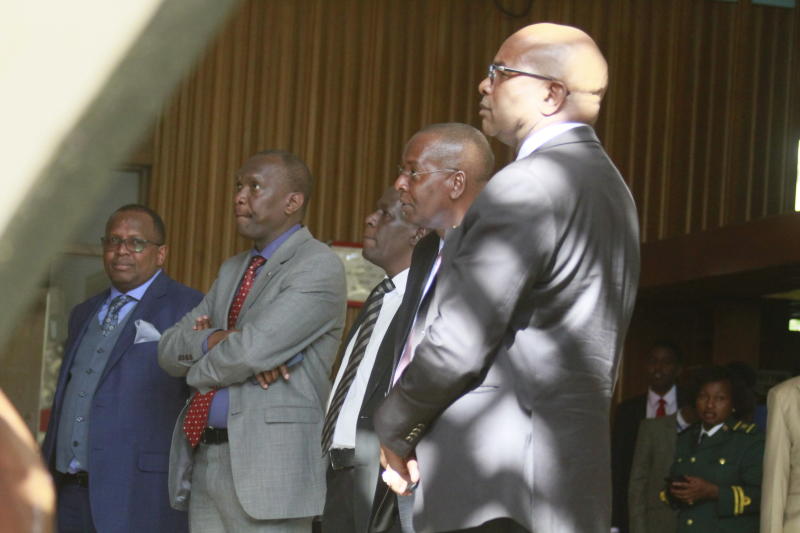×
The Standard e-Paper
Join Thousands Daily

The National Assembly yesterday approved budget cuts worth Sh37.6 billion from the Executive, Parliament and the counties to bridge the current deficit.
With a shortfall of more than Sh500 billion, the Government expects to further bridge the deficit through external borrowing to finance its Sh3 trillion budget.